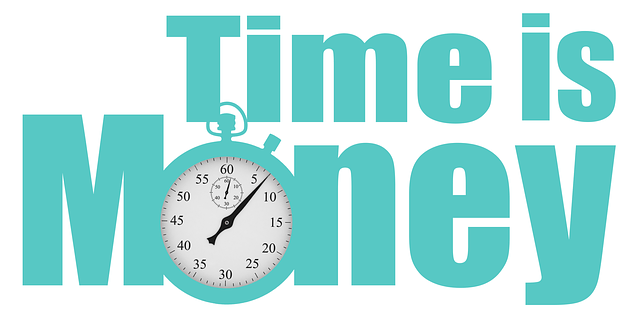In the practice of law, professional fees refer to all claims for reimbursement of fees, services, and expenses provided by an attorney.
Professional fees are usually charged by certain professionals, such as doctors, accountants, or lawyers, for their services.
The saying “Time is money” reveals an ancient pearl of wisdom.
However, the value of time varies from person to person. So people tend to charge based on the value of their time.
One of the biggest concerns lawyers face when starting their own law firm is how to charge appropriate attorney fees.
To have a successful legal career, you must master the art of collecting and collecting professional fees.
There are several ways for attorneys to bill their clients, depending on the type of services they provide.
One way attorneys charge professional fees is by charging by the hour.
Hourly rate.
In legal practice, hourly fees refer to the amount a lawyer charges for work performed per hour.
In some jurisdictions, hourly fees are the most common way attorneys charge clients.
One nice thing about hourly billing is that the client only pays for the amount of work the attorney actually performs.
Hourly billing has royalties. Simple problems require less time and money, while complex problems require more time and money.
Lawyers who bill by the hour usually keep track of the time spent on a particular case and bill their clients accordingly.
Hourly charging method.
If you decide to charge your clients hourly, how do you determine the appropriate hourly amount?
To arrive at the right amount an attorney should charge per hour, the attorney should consider the following factors:
Discuss with your customers.
Most clients looking to hire a lawyer have a good idea of how much they want to spend on a project or matter.
It’s important to give your client an idea of the total cost of the case to see if their budget can cover it.
Your budget will determine whether hourly billing is feasible or whether you need to switch to another form of billing.
Lawyers have an obligation to explain to their clients not only the costs of the case but also the specific work involved in the case.
If you decide to charge hourly, don’t forget to write everything down and get your client’s approval.
Some customers may deny that they agree to a particular billing method, which can lead to arguments and lawsuits.
Consider operational costs when charging professional fees.
When billing clients, attorneys sometimes forget that they have bills to pay to keep their offices running.
Some of the bills attorneys pay to run the office include:
A lawyer’s professional fees include not only the costs of running a law firm, but also other living expenses.
If a lawyer’s income is only enough to run his office, this means he is not making a profit. Lawyers need to make extra money to break even.
Lawyers should calculate the total amount required to run a law firm and divide it by the expected number of hours worked per year. Whatever they earn must be the minimum that can keep their heads above water.
Therefore, your attorney should charge an amount that will help you pay your bills, as well as take care of other areas of your life.
Use a time tracking tool.
Time tracking tools help law firms determine the exact amount of time they spend on each case and activity.
This way, your clients can trust that you will get the right fee for their case.
Time Doctor, Clockify, and Toptal are good examples of time tracking tools that track your work hours. These tools also allow you to generate billing information for each customer.
If you want to pay by the hour, we recommend using a program. This saves a lot of time and energy, allowing you to focus on other important tasks.
Consider market rates for professional fees.
Your attorney should stay up to date on the latest market trends and add them to your hourly rate.
Find out what other attorneys charge to see if you are undercharging, overcharging, or charging correctly.
We provide high quality legal services.
Regardless of how much your service costs, customers will be dissatisfied and want your costs lowered.
Lawyers who provide high-quality legal services are more likely to convince clients to pay by the hour.
Customers are always willing to pay more if they believe they are receiving experienced service from you.
We top this off by charging a professional hourly fee.
When charging professional fees, there are many cases where hourly billing is the best option.
Some benefits of hourly billing include:
Lawyers should only use hourly billing when absolutely necessary as it has several drawbacks.
Hourly billing is simple and will prevent you from being an eternal slave to customers who will pay you once and expect you to serve them forever.
